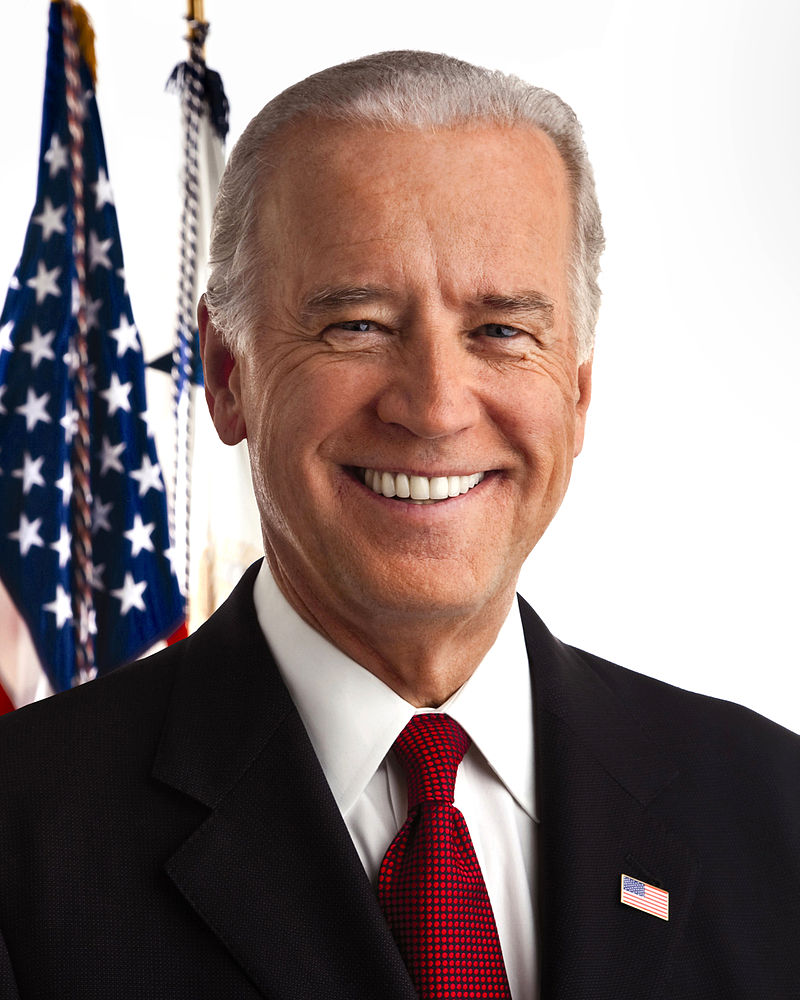 The Biden Administration should abolish, not resurrect the White House Office of Faith-Based and Neighborhood Partnerships, as it has with this week’s executive order. The Freedom From Religion Foundation was the most vociferous critic of President George W. Bush’s egregious action to establish a “faith-based initiative,” which has created so much bad precedent to entangle religion and government.
The Biden Administration should abolish, not resurrect the White House Office of Faith-Based and Neighborhood Partnerships, as it has with this week’s executive order. The Freedom From Religion Foundation was the most vociferous critic of President George W. Bush’s egregious action to establish a “faith-based initiative,” which has created so much bad precedent to entangle religion and government.
As FFRF noted at the time, 9/11 was “a faith-based initiative” — and so was Jan. 6.
Our lawsuit over the creation of a faith-based office in the White House and at the cabinet level went all the way to the U.S. Supreme Court. In Hein v. FFRF, issued in 2007, the high court in a 5-4 decision (following the unfortunate resignation of Justice Sandra Day O’Connor), ruled that FFRF, Co-Presidents Dan Barker and Annie Laurie Gaylor, President Emeritus Anne Gaylor and other FFRF Board members, had no right to sue the executive branch for entangling state and church. In fact, the ruling made clear that no citizen would have the right to sue the president for setting up a faith-based office in the White House.
The Supreme Court did not find the office constitutional, never ruling on the merits of the case. That office is indeed unconstitutional, and it has been abused to reward churches that support political candidates, among other things. Christian organizations have been given high preference under previous administrations. Said one Bush official, “When I saw one of those non-Christian groups in the set [of grants] I was reviewing, I just stopped looking at them and gave them a zero. . . . A lot of us did.” Bush used the office to compensate his supporters: evangelical Christians. Former President Trump notoriously appointed televangelist Paula White to run the office.
When President Barack Obama was elected, he watered down the office by renaming it the Office of Faith-based and Neighborhood Partnerships. The Biden iteration is better than previous versions because the executive order technically recognizes secular aid organizations, the separation between state and church, and the existence of nonreligious Americans. The order says it is establishing the office “while preserving our fundamental constitutional commitments guaranteeing the equal protection of the laws and the free exercise of religion and forbidding the establishment of religion.” (emphasis added).
The order states that the purpose of the office is “to assist in organizing more effective efforts to serve people in need across the country and around the world, in partnership with civil society, including faith-based and secular organizations.” But the order doesn’t create an Office of Neighborhood Partnerships to Serve People in Need, as it should. Instead it wrongly singles out faith-based aid for special treatment, buying into the myth that most social services in our nation are religious in nature. But in this case as in so many others, churches get the credit . . . and taxpayers get the bill.
Biden has tapped Melissa Rogers, who ran the office during Obama’s second term, as its newest executive director. She is the former general counsel for the Baptist Joint Committee for Religious Liberty, which is generally pro-state/church separation and has supported FFRF in some cases. Josh Dickson, named deputy director of the faith-based office, helped with “Humanists for Biden” and co-authored a Brookings Institute report with E.J. Dionne entitled, “A Time to Heal, A Time to Build.” Apparently taking its title from Ecclesiastes 3:3, the report recognizes nonbelievers, stating that “the proportion of Americans who do not identify with any religious tradition has skyrocketed, especially among the young, and these nonbelievers are an important” political constituency. Rogers and Dickson may appreciate the separation of state and church, but the office itself violates that principle. And the degree of the violation should not depend on who’s in the office.
“Our government should be working to get aid to Americans in need, especially now,” says FFRF Co-President Annie Laurie Gaylor, “ not singling out ‘faith’ for special treatment, rules and offices. The administration is buying into the myth that religion only does good, and is wrongly forcing taxpayers to support faith-based aid, which is often exclusionary and problematic.”
A case in point is a lawsuit before the Supreme Court that FFRF is closely watching, in which Catholic Charities is demanding a right to contract to provide state services, yet still be able to discriminate against LGBTQ citizens.
